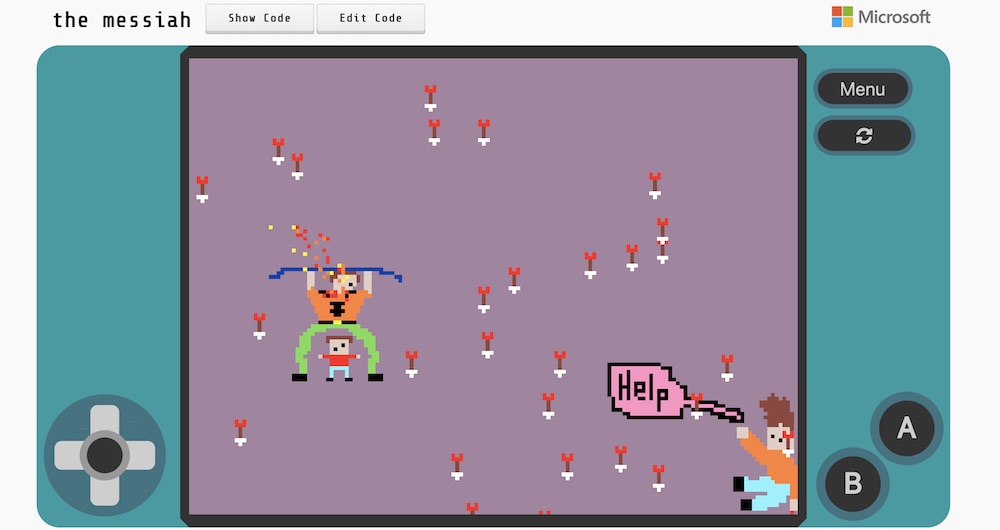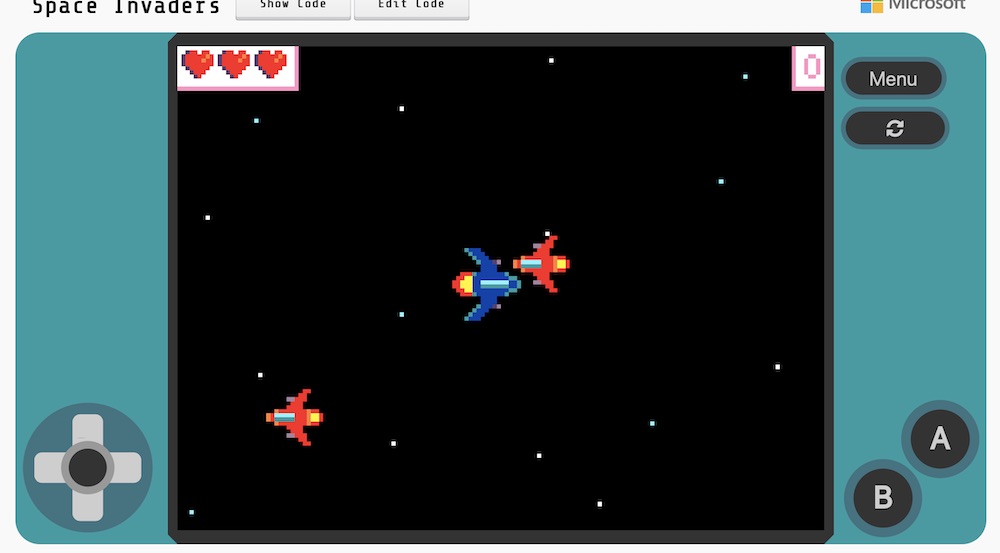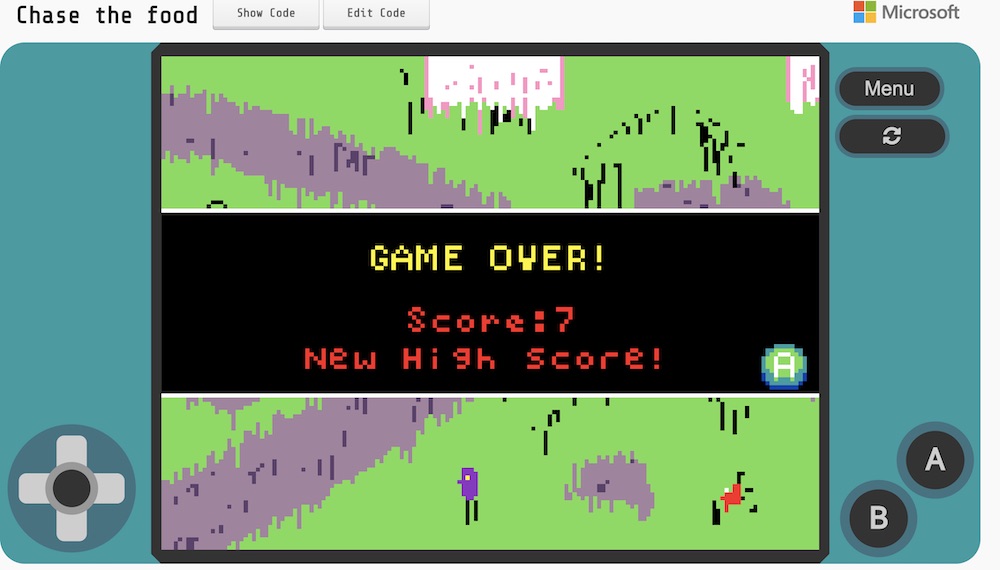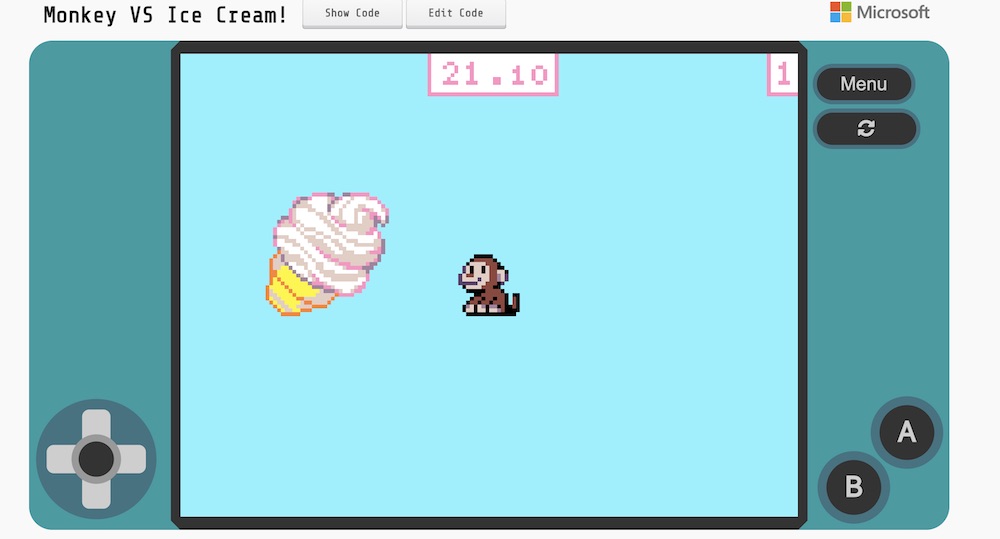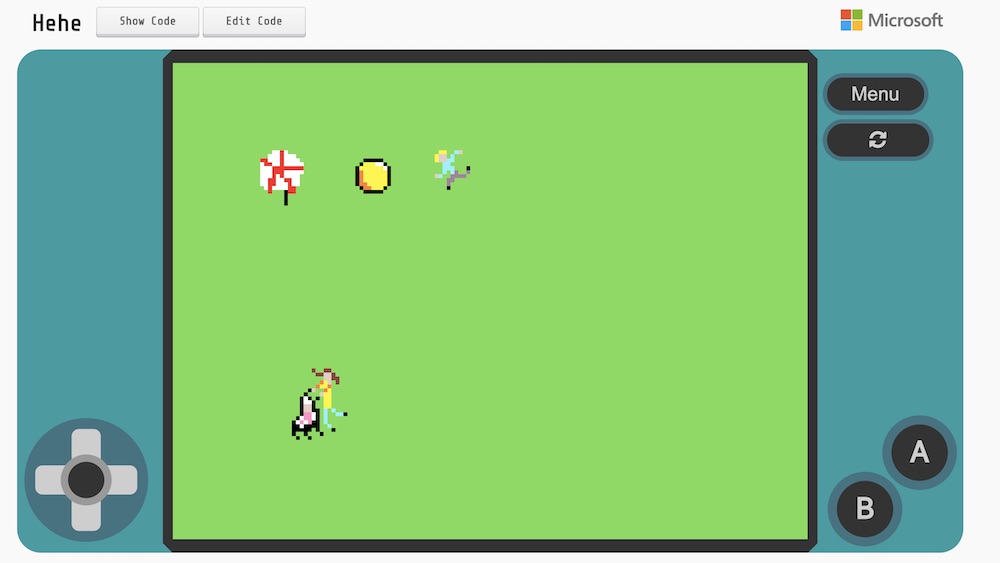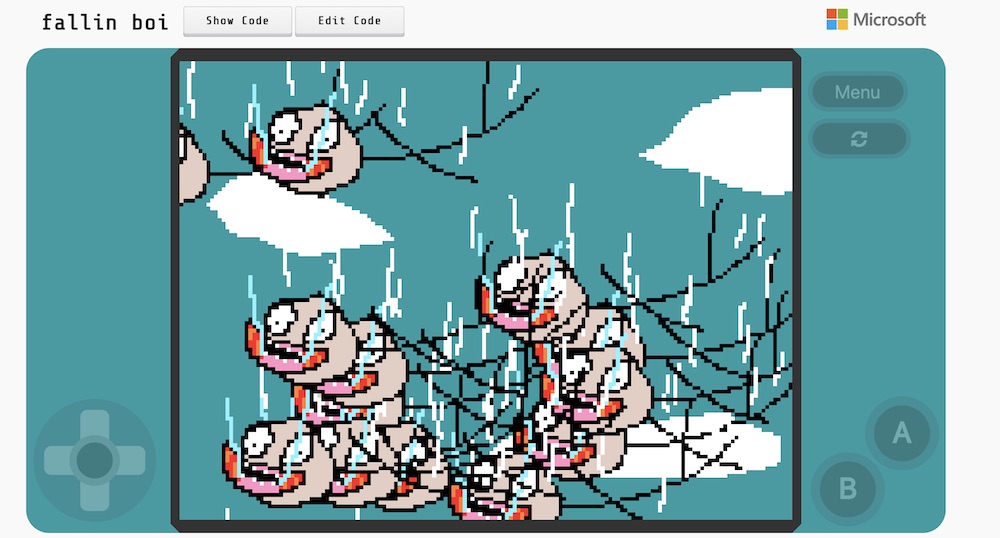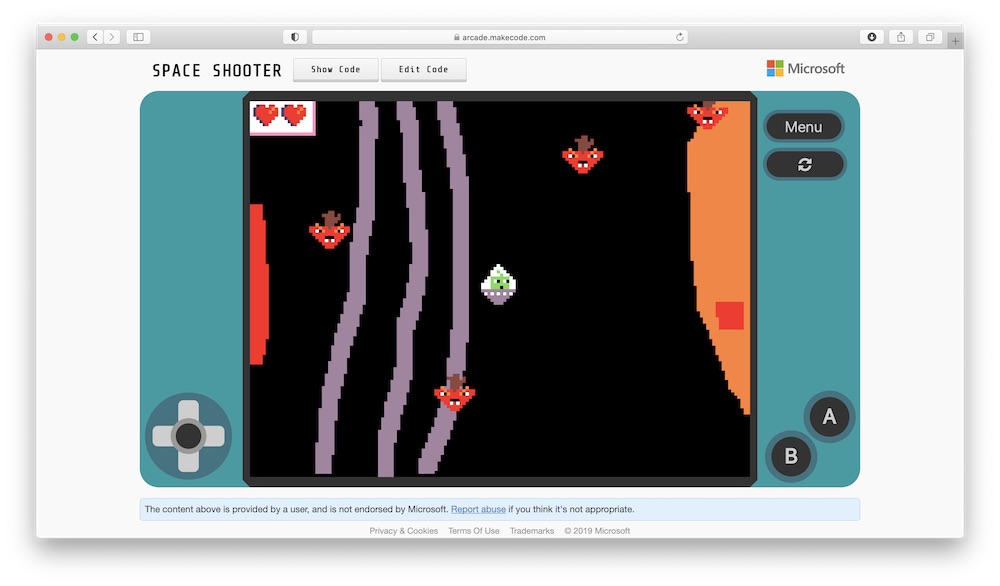
Why am I comparing swimming to coding? Well, I remember very well what it was like when my children first started their swimming lessons. There we were – on the poolside, every week during term time. There were times when it felt like progress was swift; tangible… and then weeks went by when they didn’t appear to make any progress at all – when everything seemed like it had plateaued. Practice and patience were the key. By the time they reached their teens they had become very proficient swimmers; they represented their school – and one even competed at regional level.
In order to become a confident coder, you first have to learn to code. It takes time to grasp the basic principles; it takes practice and you need to be patient. As any parent will know, patience is something that most children lack. They can get easily frustrated when something doesn’t work for them first time – or how they expect it to. Coding is about learning how to solve problems; how computers ‘do things’ and interpret the instructions we give them. Learning to do this is to understand computational thinking.
Once a child begins to grasp the key concepts of computer science, a whole new world begins to reveal itself. Creativity plays a part, of course, which is why at coding club we encourage children to create their own games and stories.
I believe coding is an important part of any child’s education. It is like reading a writing. It is a new literacy – equipping our children with the skills they will need to prepare them for the jobs of the future.
Next term we have plenty of opportunities for children to learn to code. Children in Year 3 – 6 are welcome to join. We also have a couple of clubs for students in Year 7 – 9.
I hope that learning online doesn’t deter you from signing up your son or daughter. After all, this is a good opportunity to introduce the children to the virtual world.
Photo credit: dylan nolte

